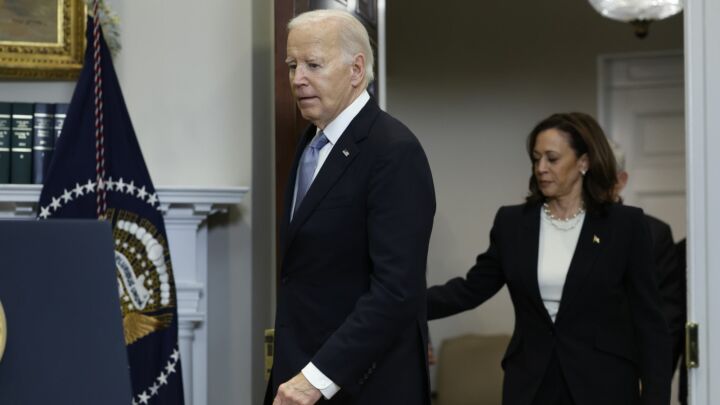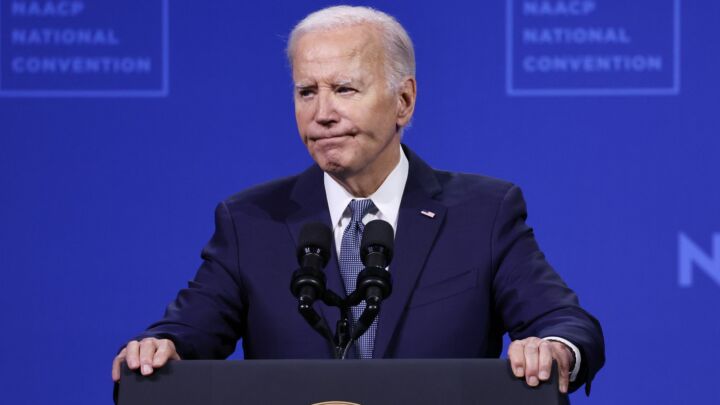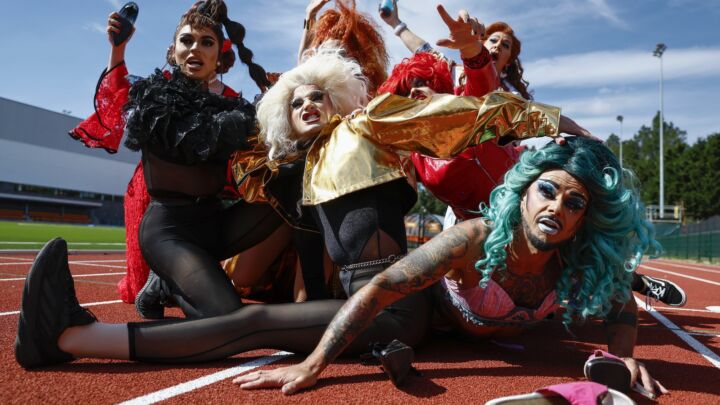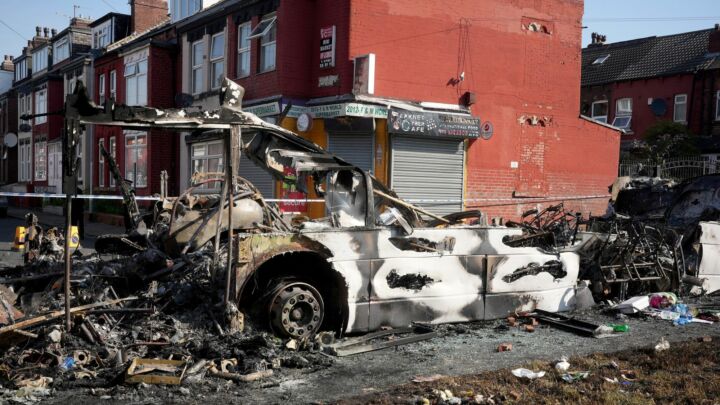The Michaela ‘prayer ban’ case is a victory for religious tolerance
Katharine Birbalsingh’s school has every right to remain secular.

Want to read spiked ad-free? Become a spiked supporter.
In a landmark decision, the UK’s High Court ruled yesterday that the Michaela Community School’s ‘prayer ban’ is lawful.
The ruling has shot down accusations that the Michaela school in north London had curtailed its pupils’ religious freedom. The case was brought to the court by a Muslim pupil, who argued that the school discriminated against her under the Equality Act 2010 by refusing to allow prayer rituals during school hours. The law, however, disagrees. Following a two-day hearing in January, the judge has now decided that Michaela’s headmistress, Katharine Birbalsingh, has every right to ban prayer at her school.
We should all welcome the High Court’s decision. Far from proving that the UK is hostile to faith, it actually shows real religious tolerance in action.
Michaela has an openly secular ethos and treats all its pupils with a radical equality. Everyone is expected to make sacrifices for the good of the school community. Christian families put up with revision classes on Sundays. Pupils who are Jehovah’s Witnesses must study Macbeth alongside other students, even though their faith usually forbids them from reading texts involving magic. At lunchtime, the school canteen serves only vegetarian food, so that pupils of all faiths can eat together. Any suggestion that Michaela had ‘singled out’ Muslims is palpably untrue.
The prayer ban, introduced last March, came in response to growing segregation and tensions at the school. The clearest manifestation of this was when up to 30 Muslim pupils began praying in the school playground during lunchtimes, breaking a school rule against gatherings of more than four students. Some of the more zealous Muslim pupils had also been intimidating their less religious peers. The court heard that one girl was pressured into wearing a headscarf, when she hadn’t worn one before. Another girl stopped singing in the choir because she was told it was ‘haram’.
Birbalsingh rightfully cracked down on this bullying behaviour. She instituted a blanket ban on prayer rituals, which worked to restore calm. She also refused to provide a dedicated Muslim prayer room or area, believing that this would do more harm than good to the school community. Muslim pupils were, of course, still free to pray outside of school hours and in the privacy of their own homes – something that many of them would likely have preferred to do anyway. Essentially, Birbalsingh intervened to defend the secular character of her school and the equality of all its pupils. And thankfully, the High Court agreed that she had every right to do so.
No family is forced to send their child to the openly secular Michaela school. Parents who want their children to observe religious rituals during school hours have plenty of other options. Muslim families in Britain are free to send their children to Islamic schools if they so wish. Indeed, there are plenty of Islamic secondary schools in major cities like London, Birmingham and Manchester, as well as in smaller towns across the country. But if faith schools are allowed to exist, then so should those with an unapologetically secular ethos, like Michaela.
Schools designed for all faiths and none are allowed to exist because Britain is a land of considerable religious freedoms. Indeed, that is one of the main reasons why the UK is such a great place to live, especially considering the scale of religious persecution in other parts of the world. Over four in five British Muslims would agree with this. A recent study by the Institute for the Impact of Faith in Life found that 83 per cent of British Muslims believe the UK is a better place to practise their religion compared with European countries like France, Germany or the Netherlands.
We cannot, however, let our considerable protections for religious freedom be exploited. The High Court’s ruling in the Michaela case shows how the Equality Act 2010 was intended to be used. It should be, in the words of equalities minister Kemi Badenoch, a ‘shield’ to protect citizens from discrimination, not a ‘sword’ to intimidate public institutions into following the wishes of any one particular group.
True religious freedom means people are free to choose how they practise their faith – or to reject faith entirely. It does not mean forcing all institutions to cater to all beliefs, at all times. Freedom from religion is just as important as freedom of religion. Recognising this fact is the only way our multi-faith society can thrive.
Rakib Ehsan is the author of Beyond Grievance: What the Left Gets Wrong about Ethnic Minorities, which is available to order on Amazon.
Picture by: Getty.
To enquire about republishing spiked’s content, a right to reply or to request a correction, please contact the managing editor, Viv Regan.









Comments
Want to join the conversation?
Only spiked supporters and patrons, who donate regularly to us, can comment on our articles.